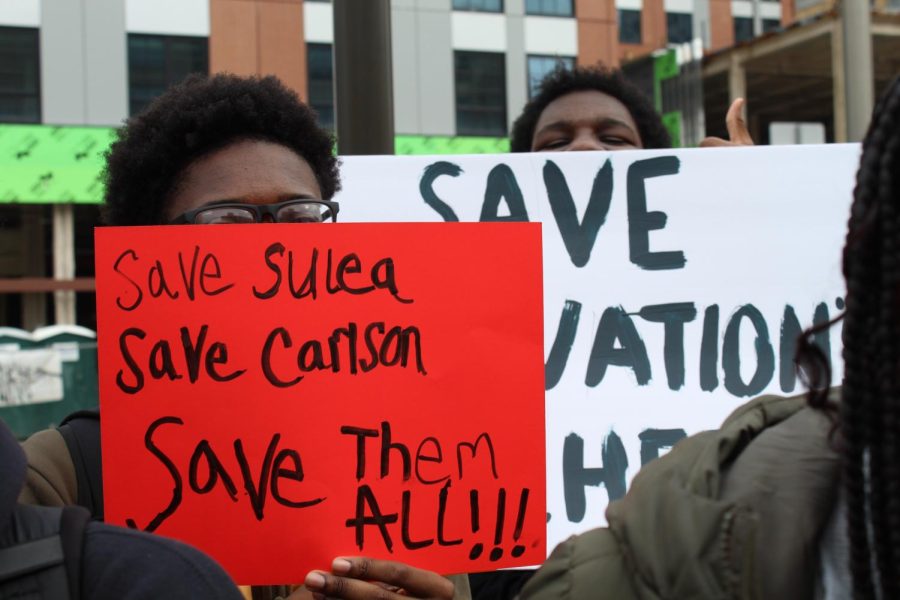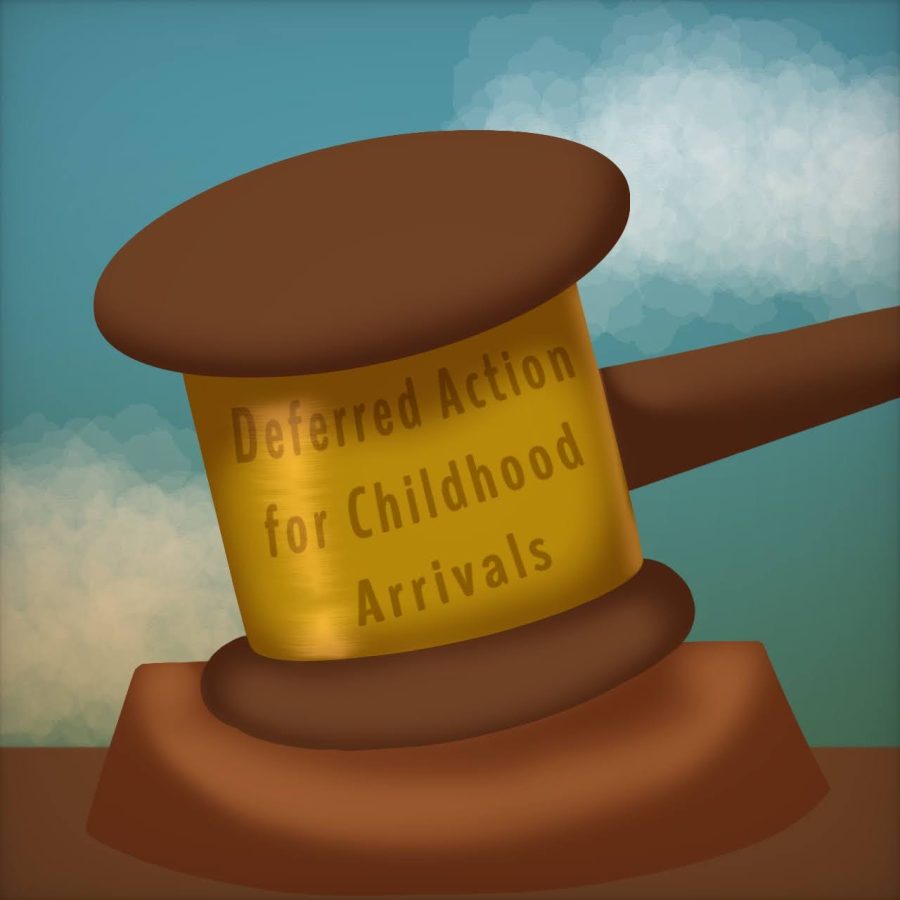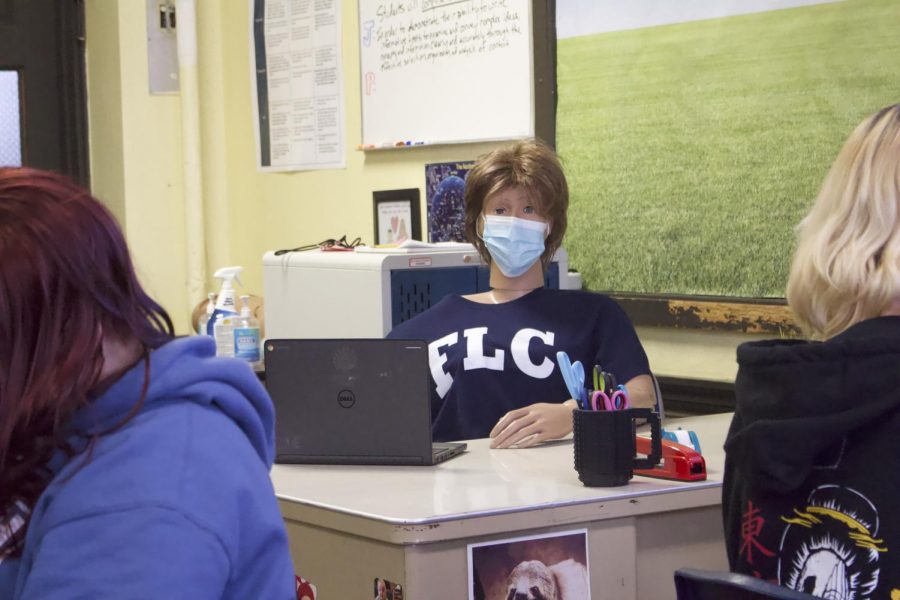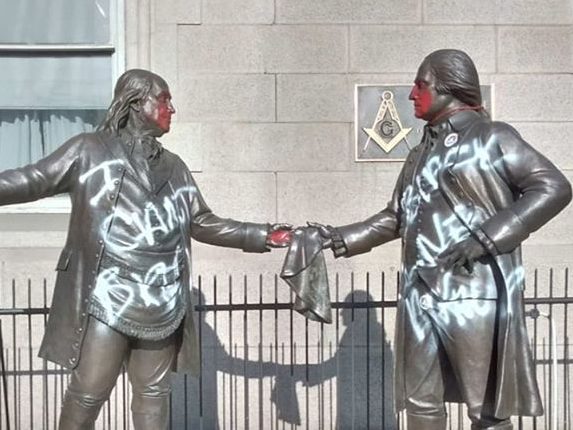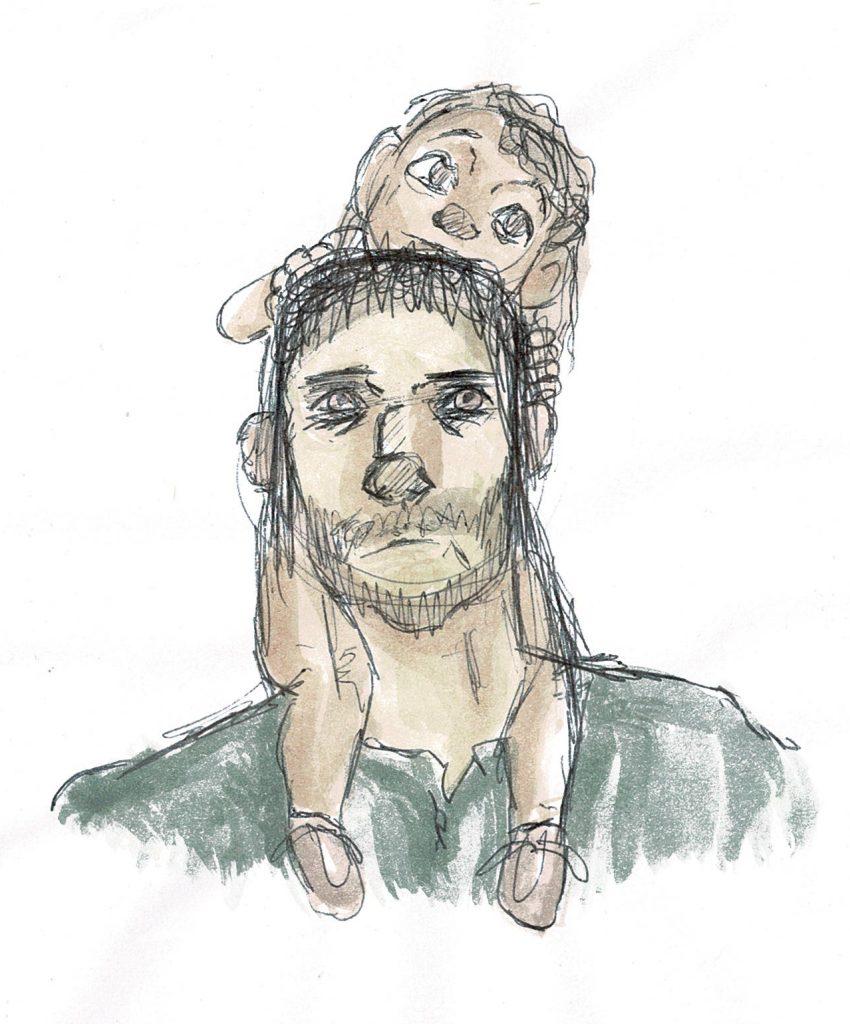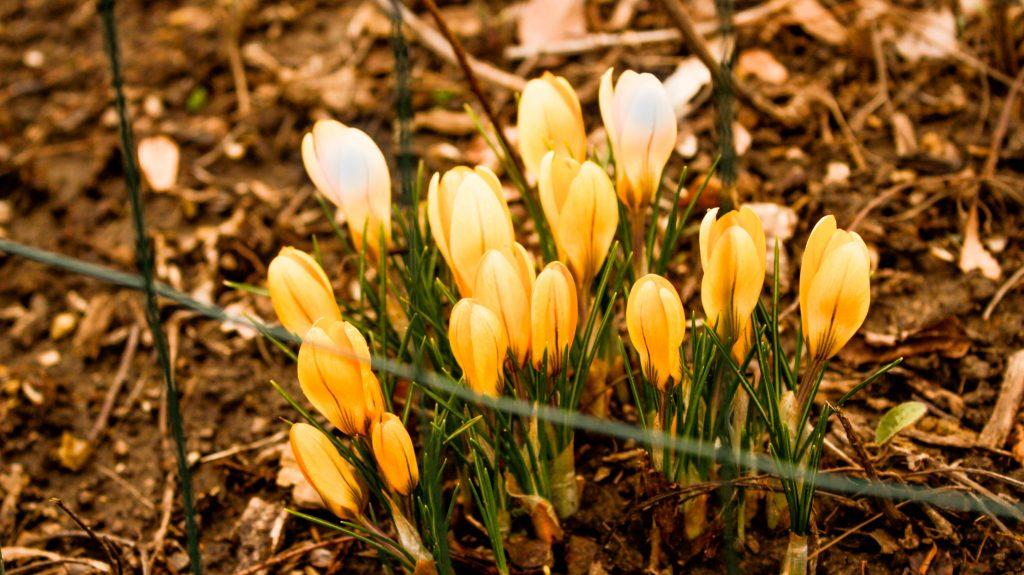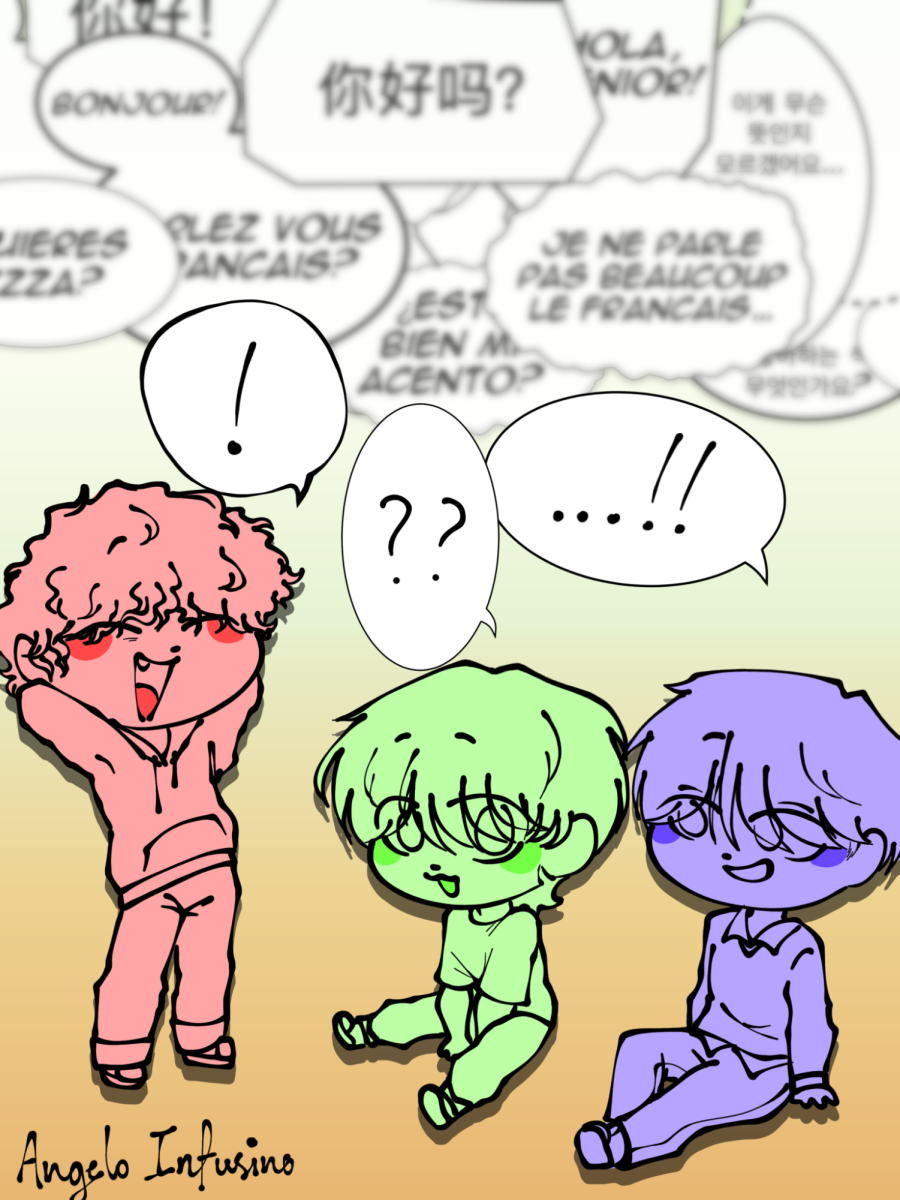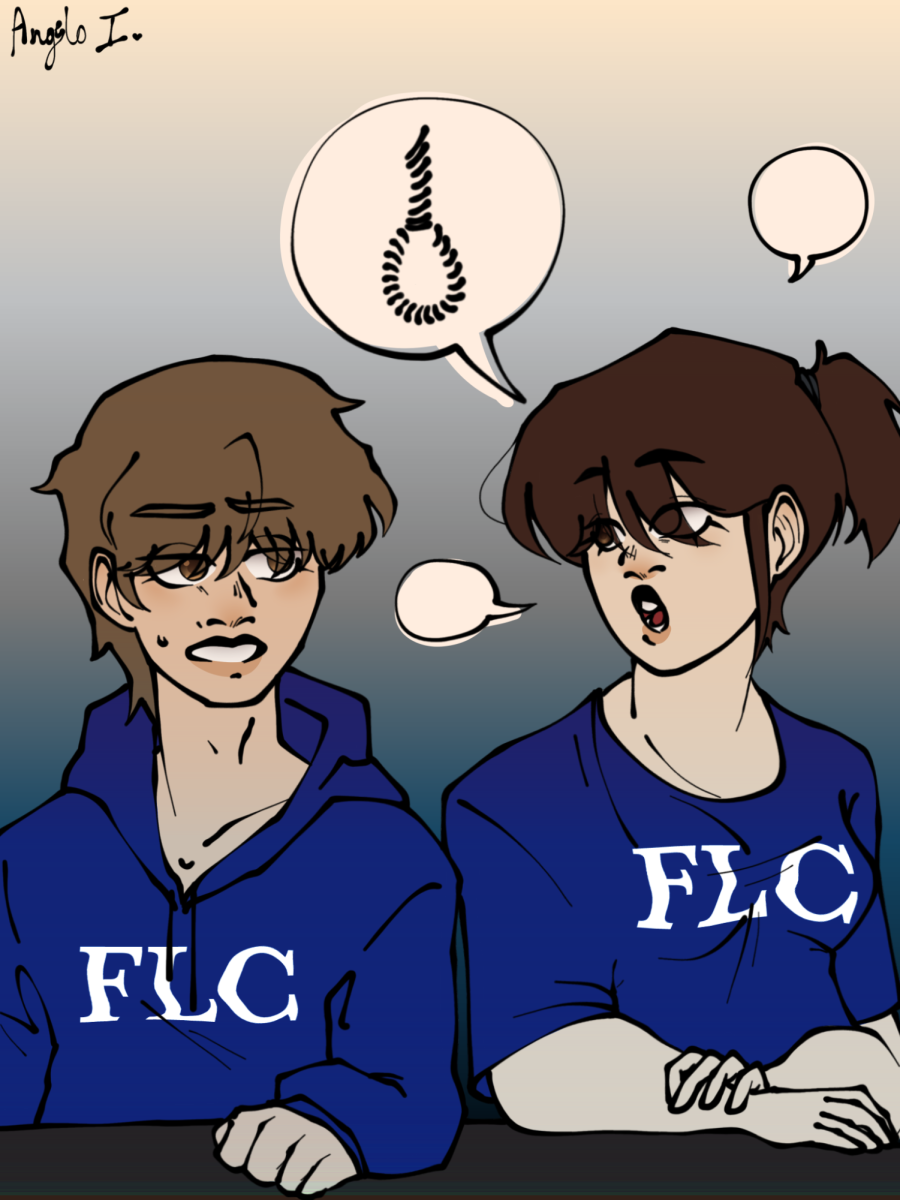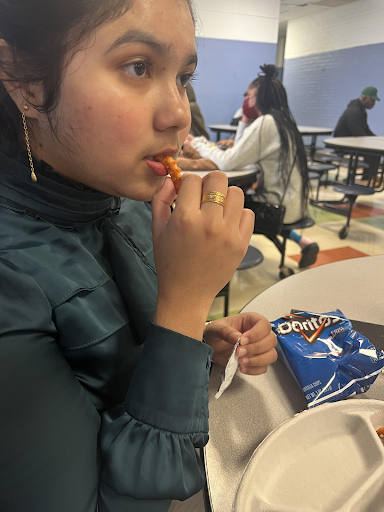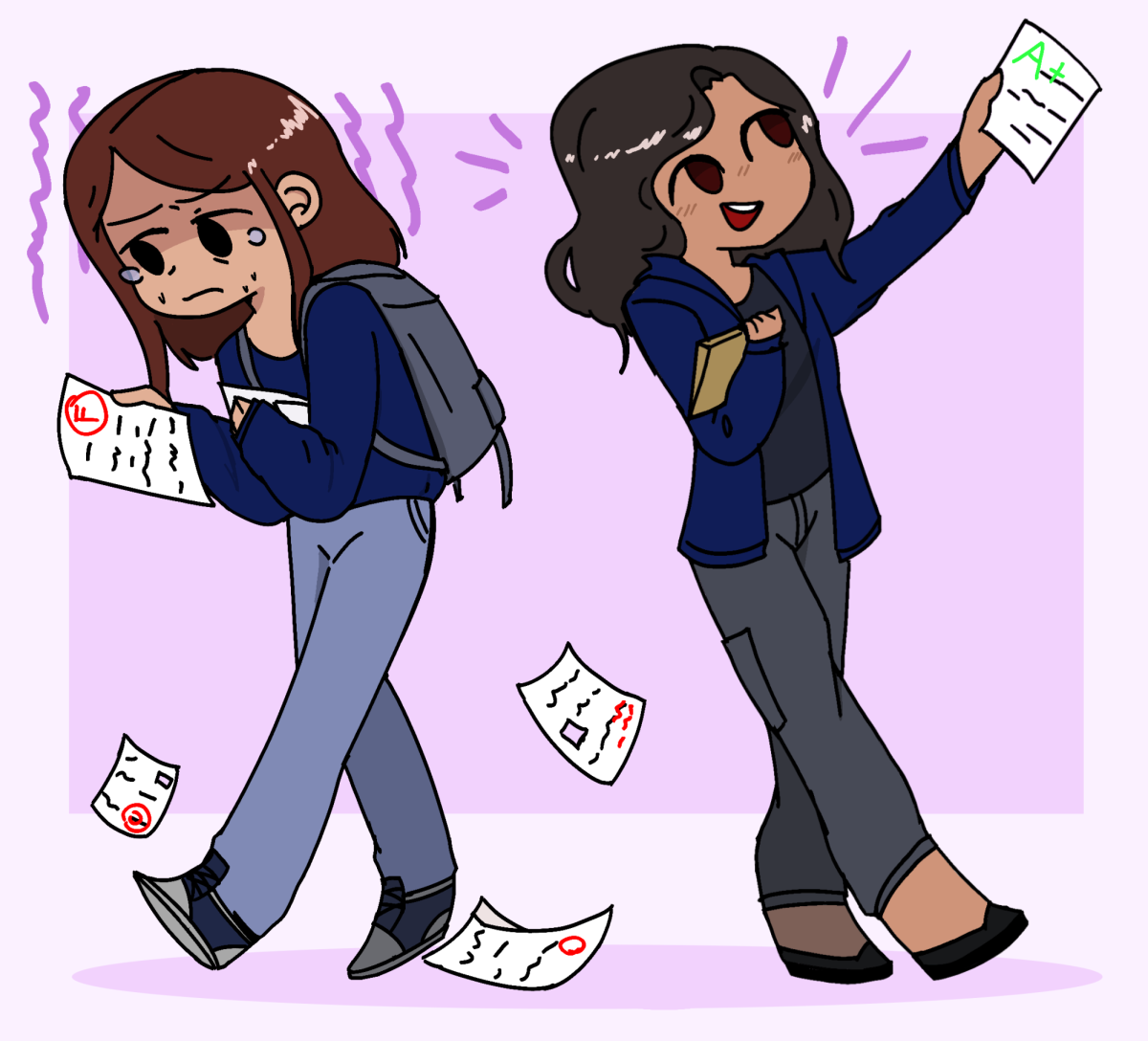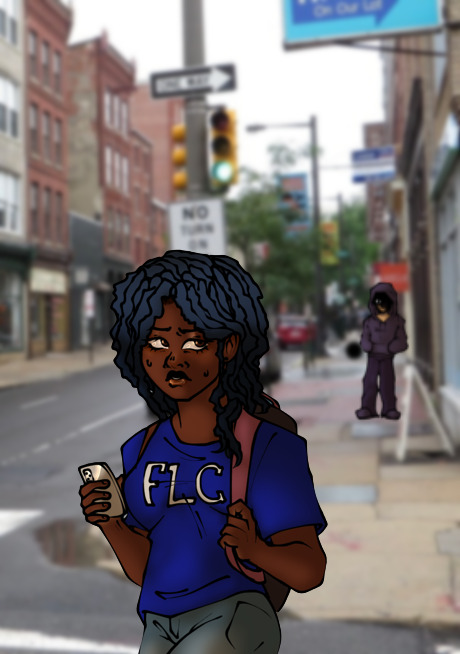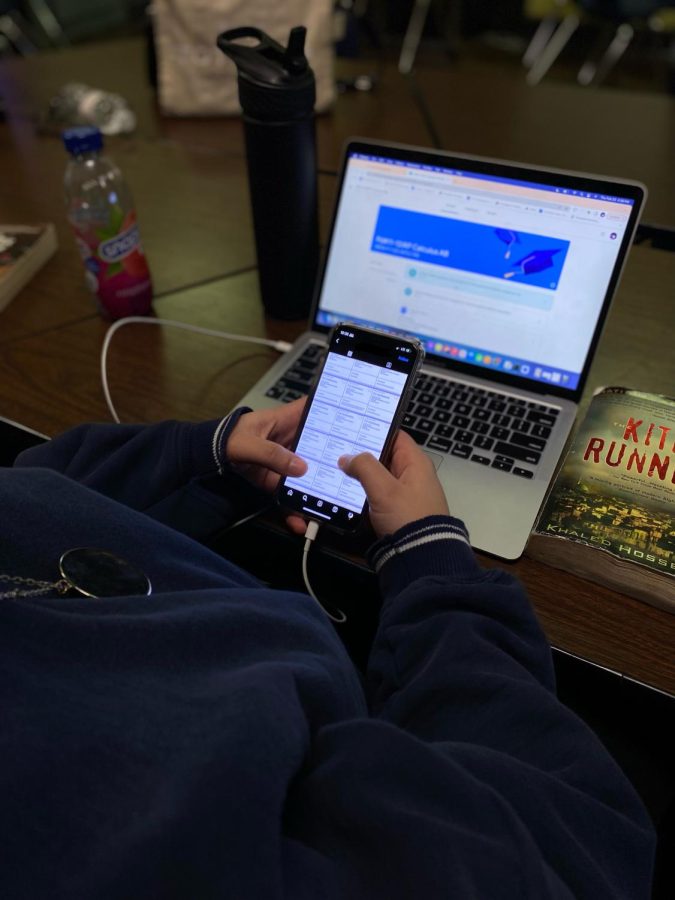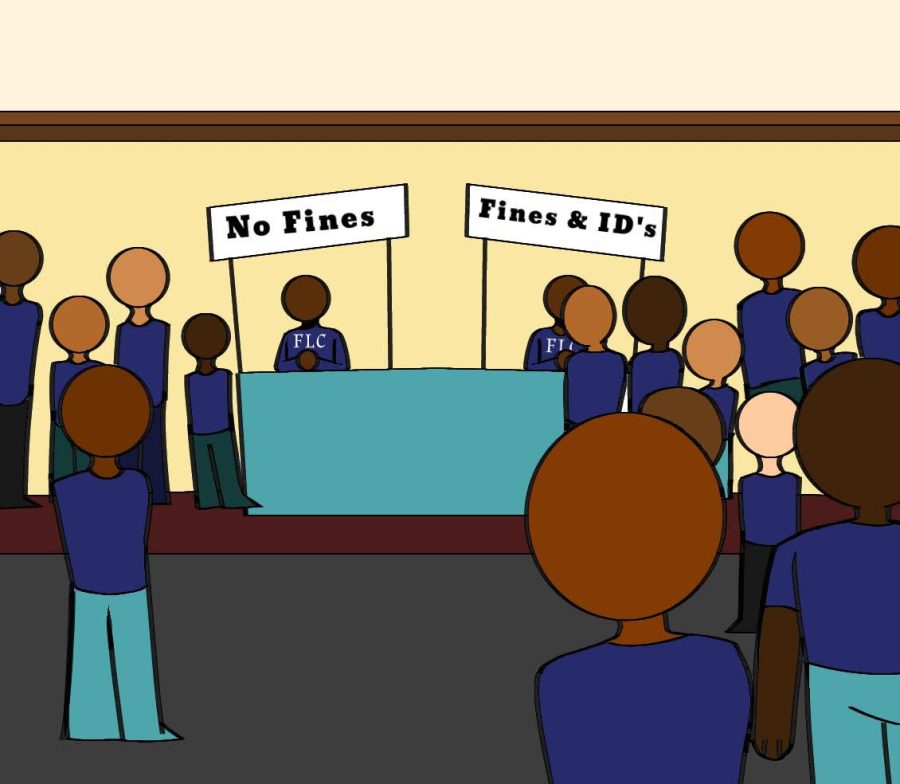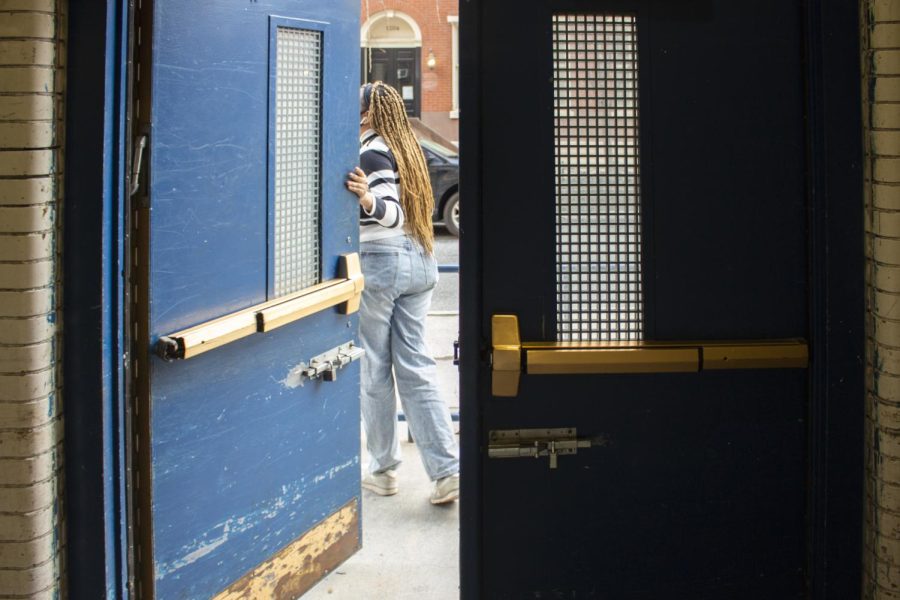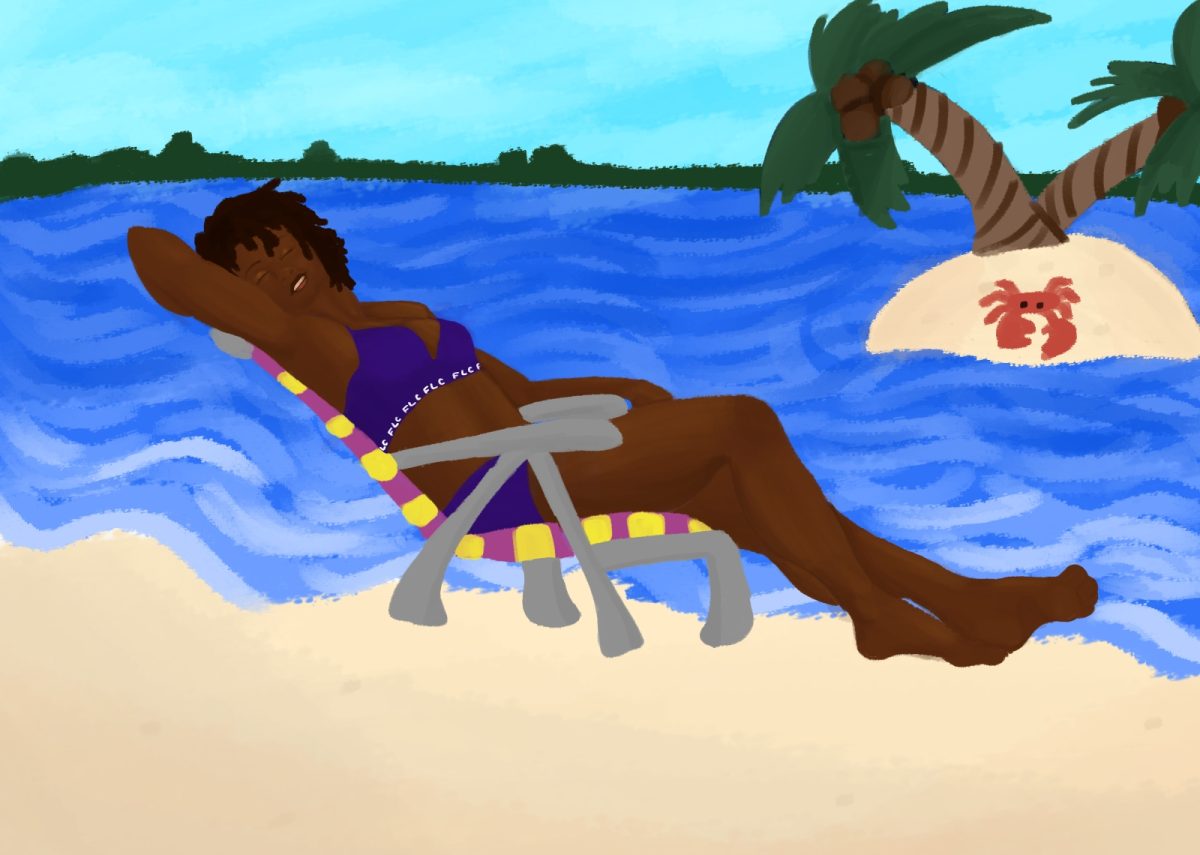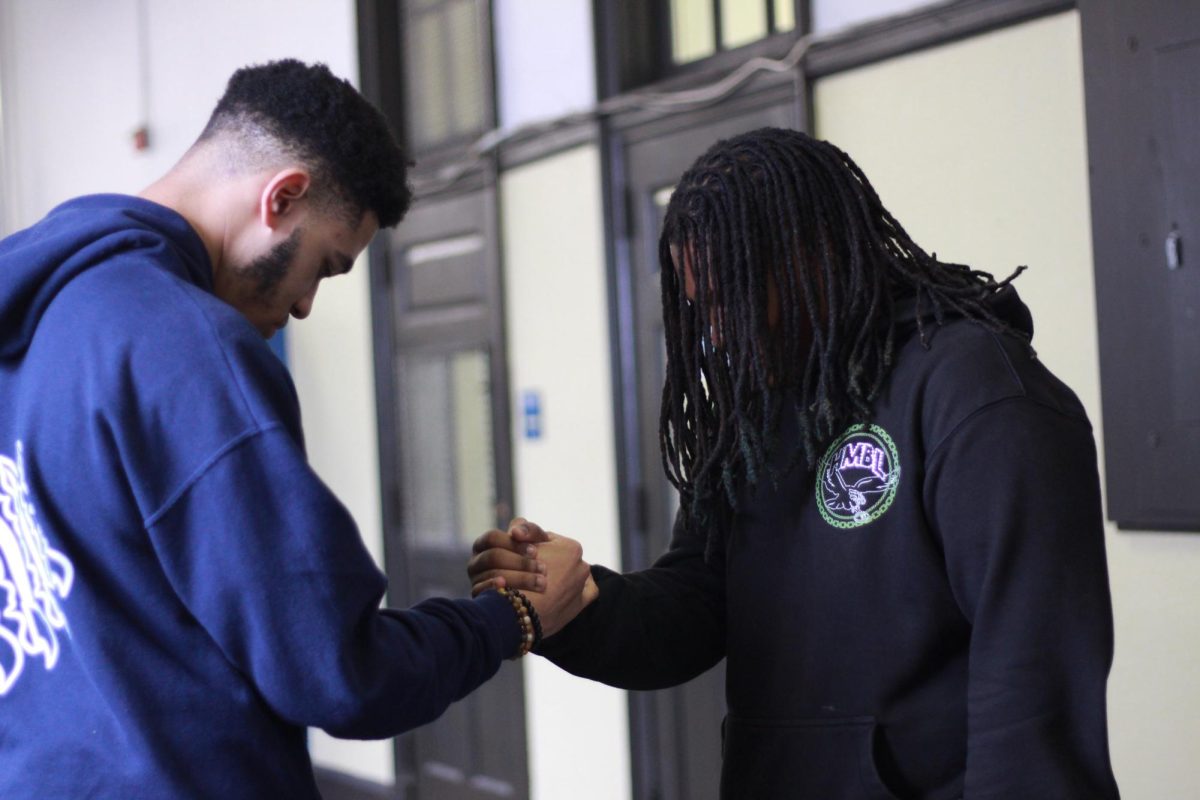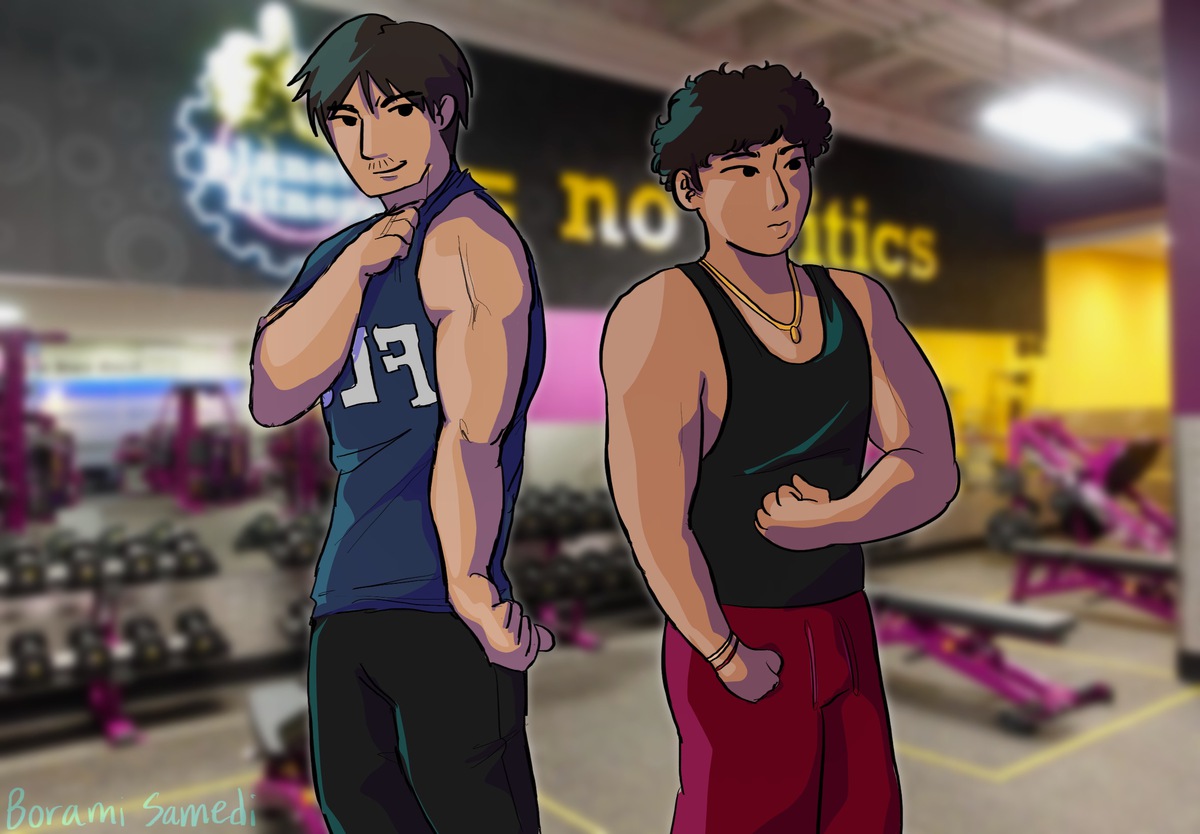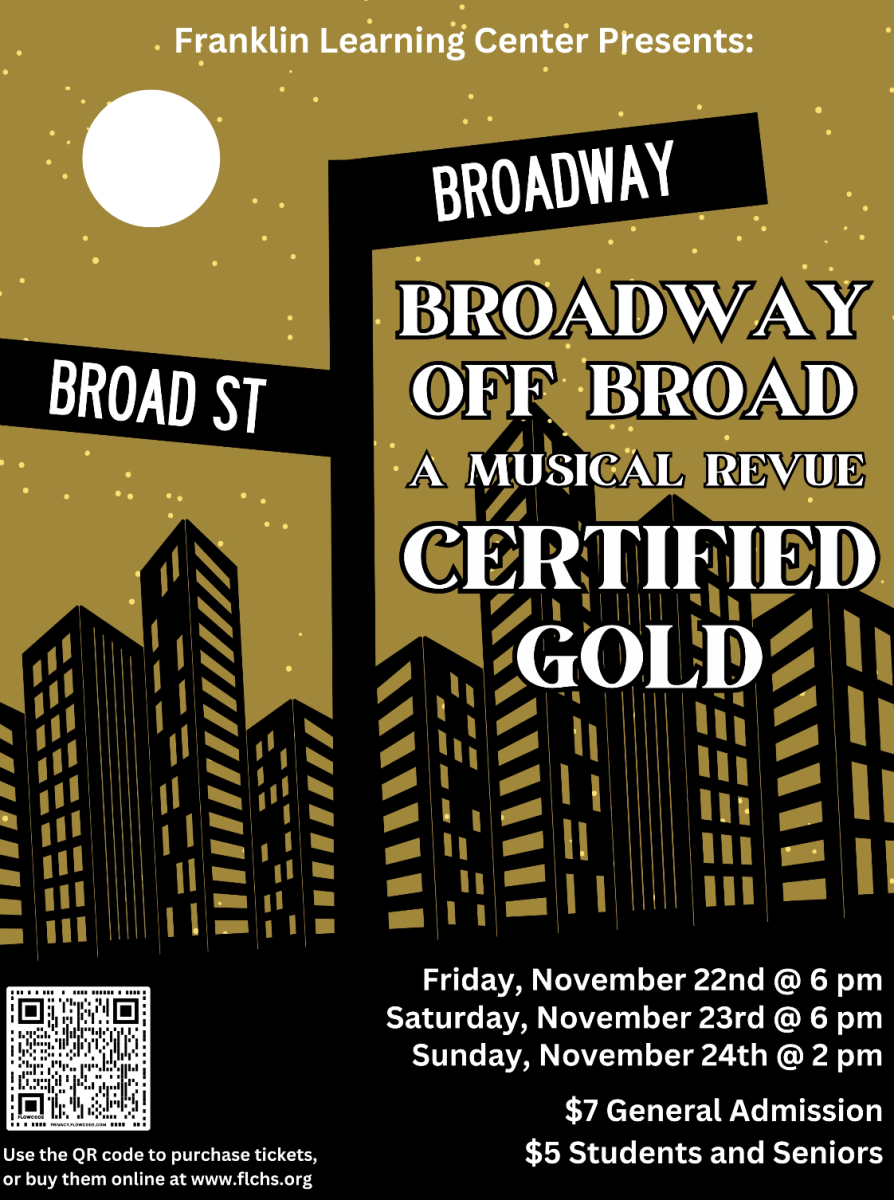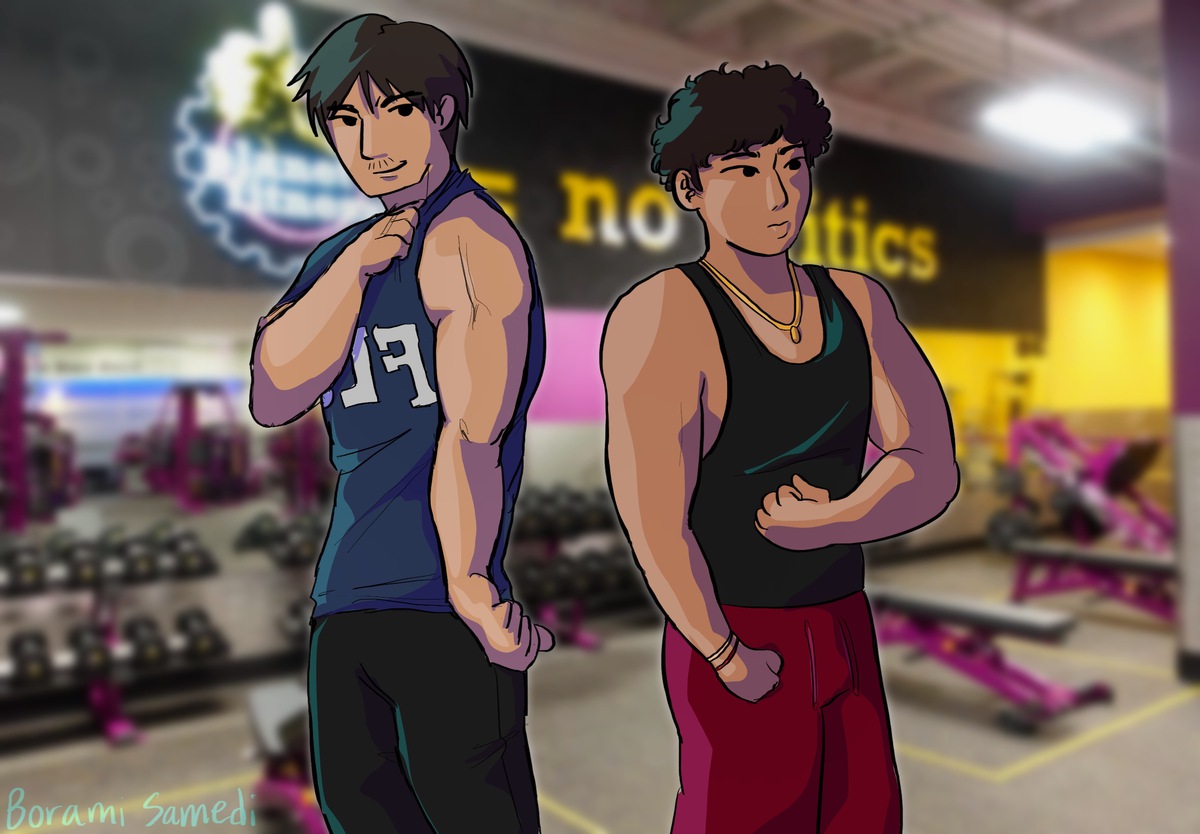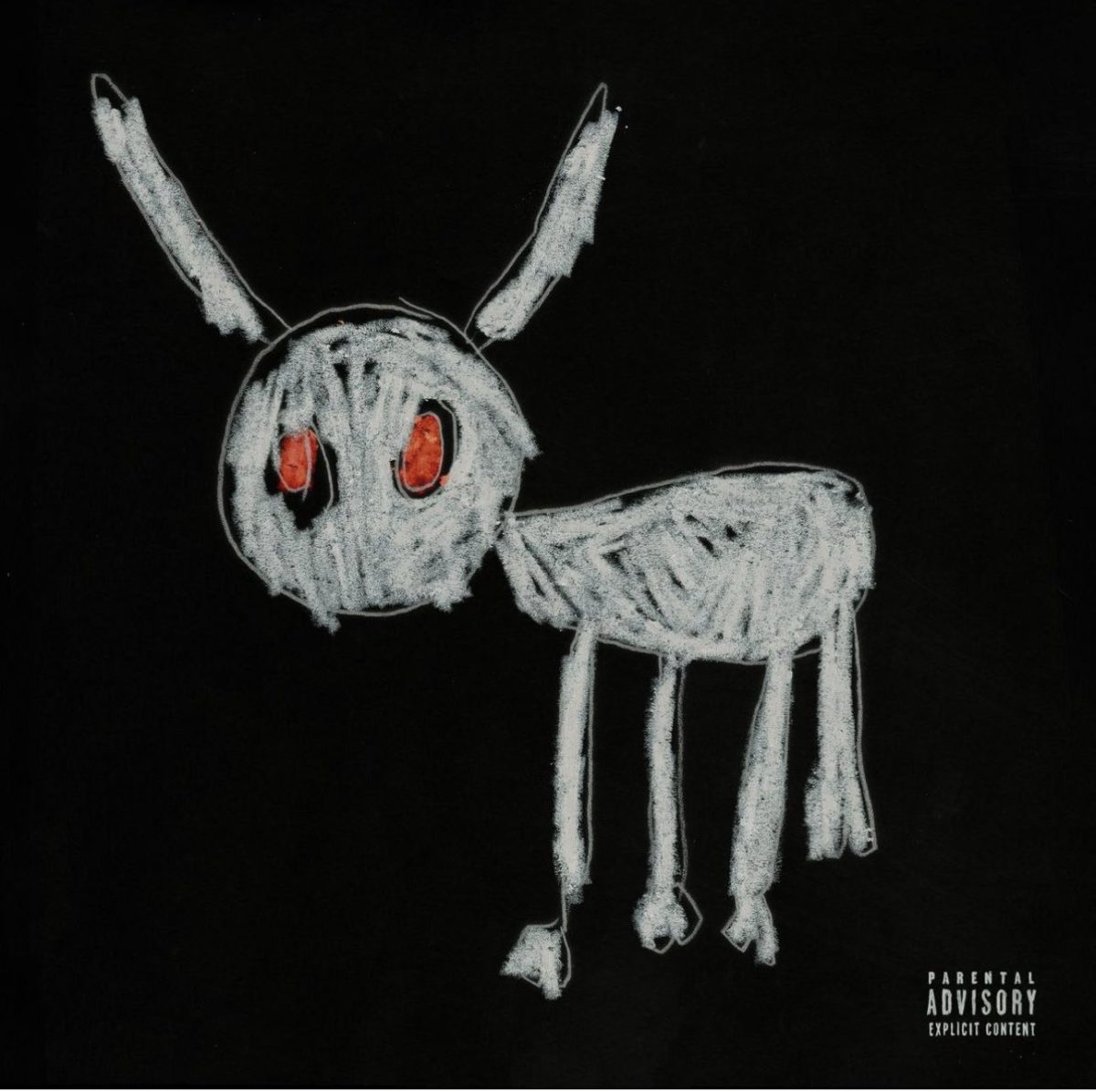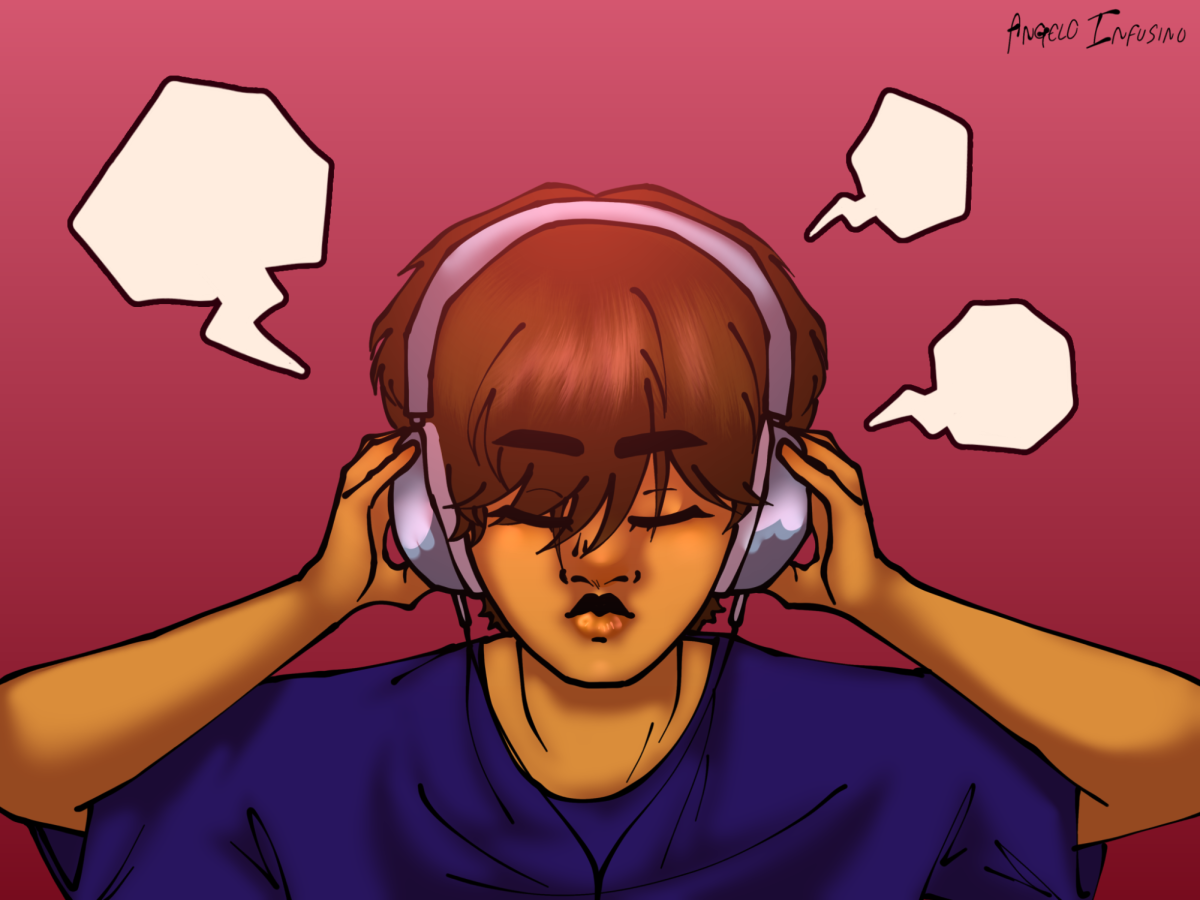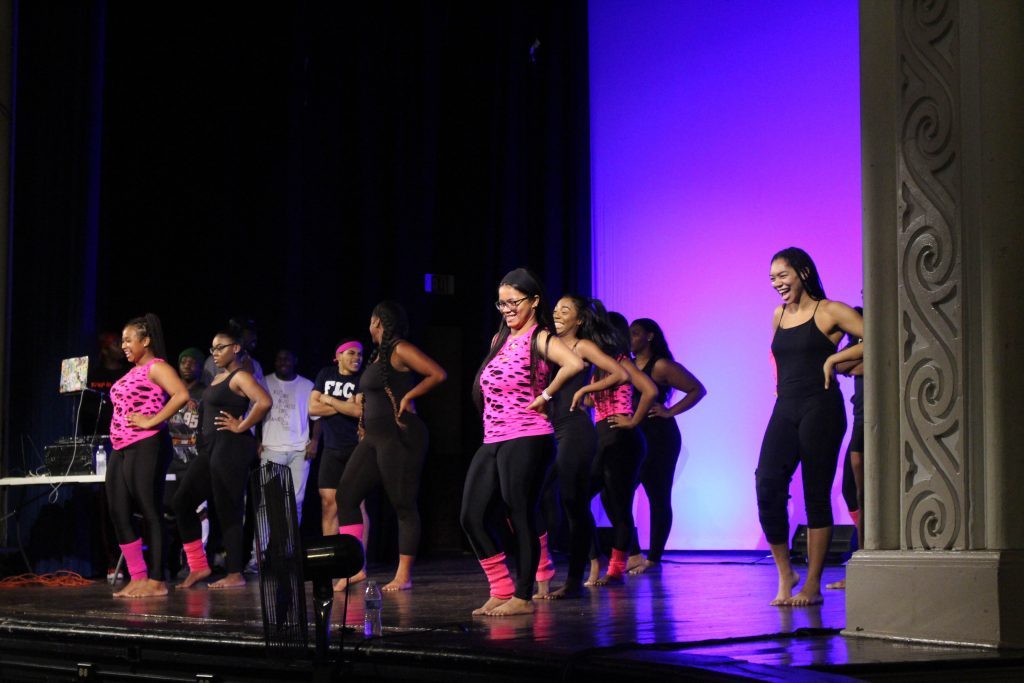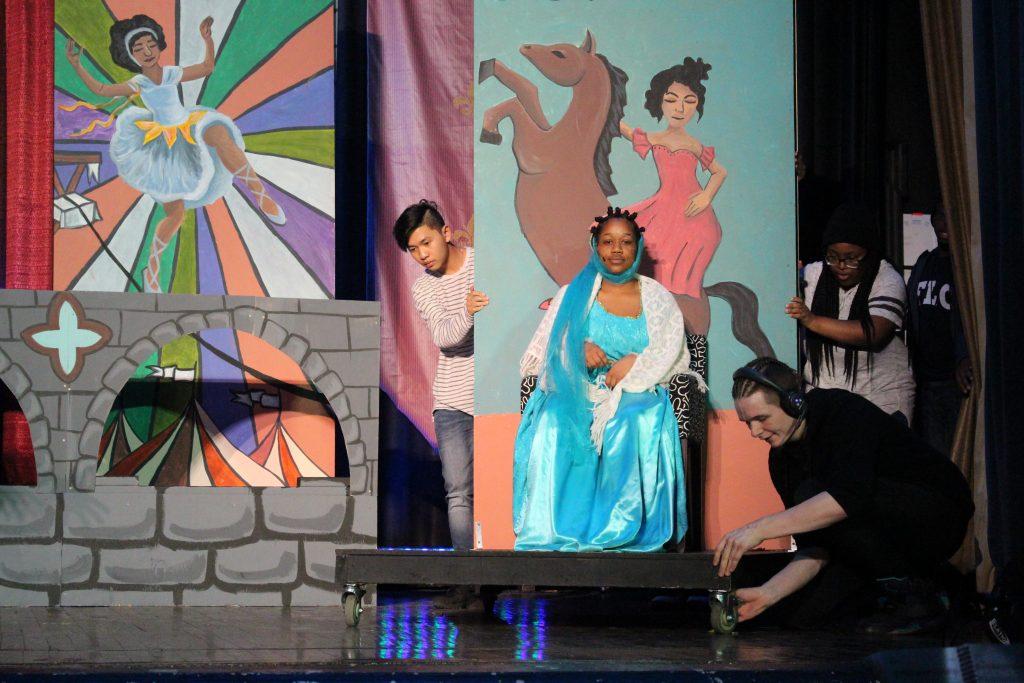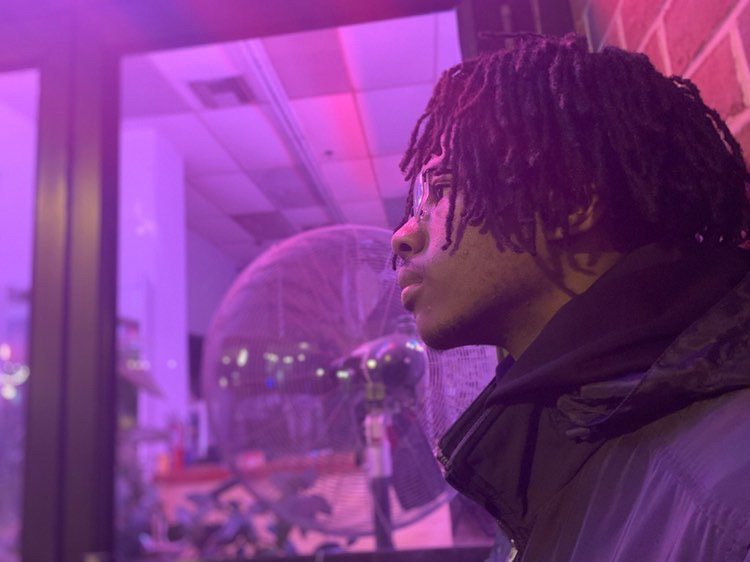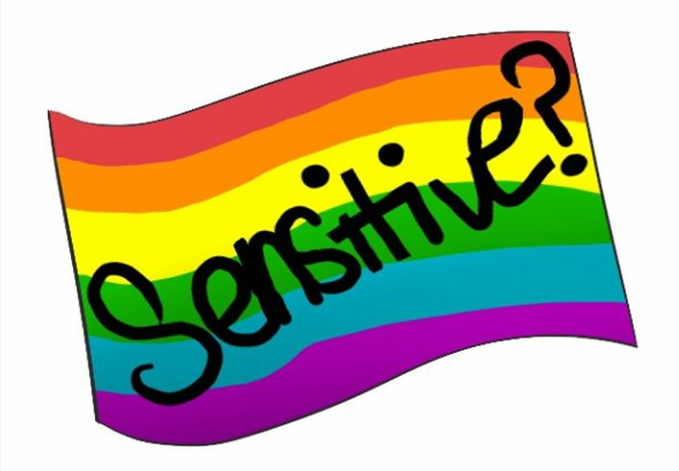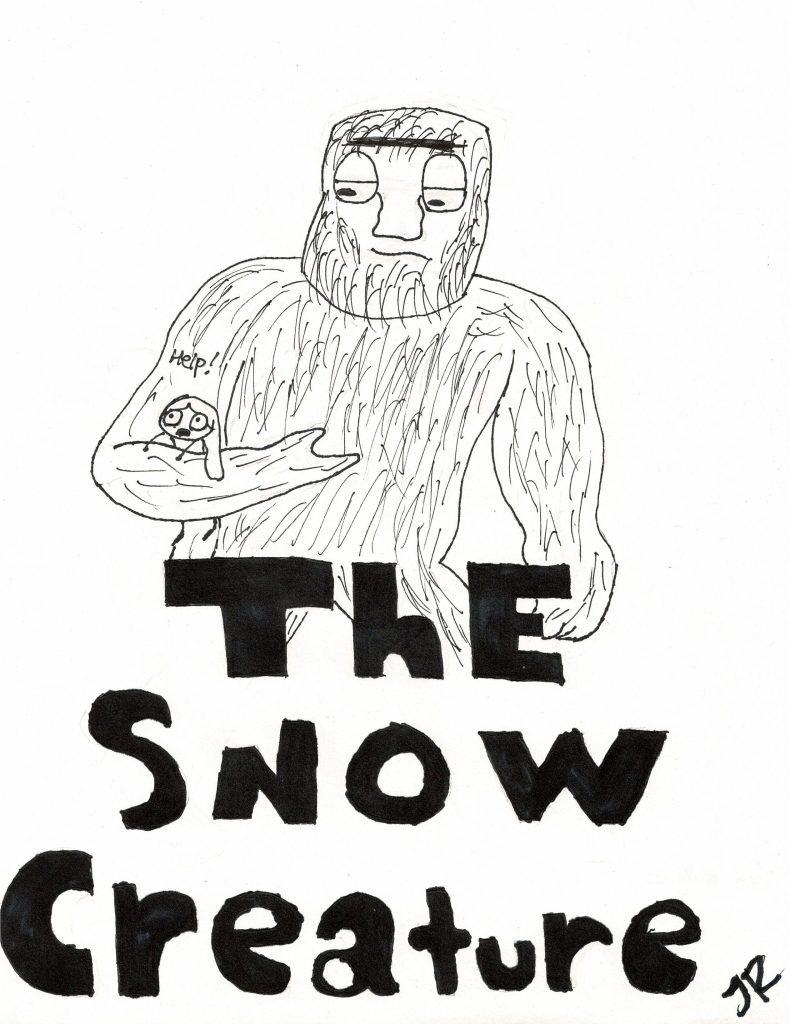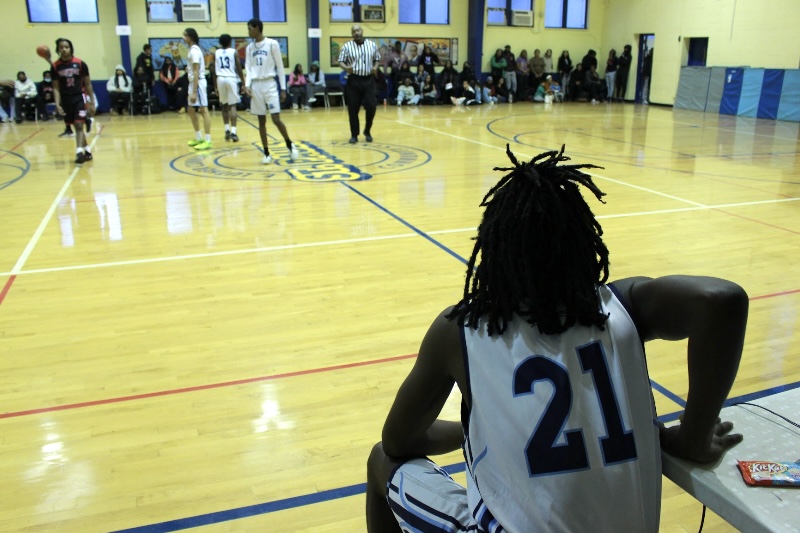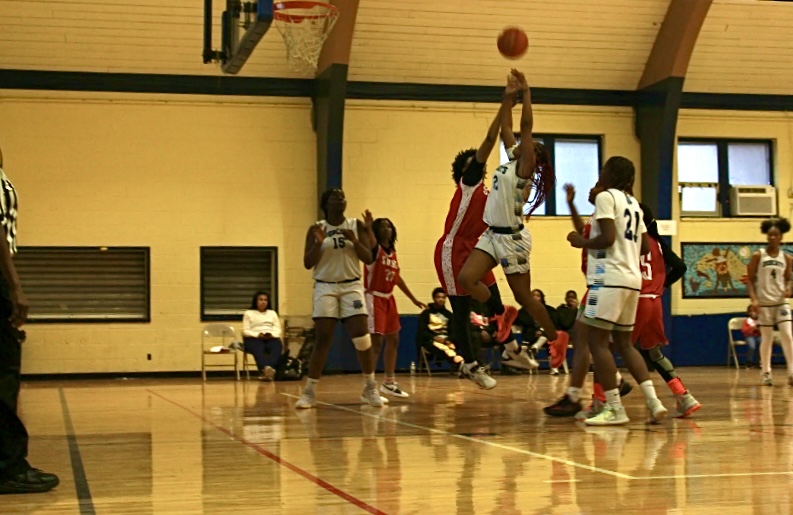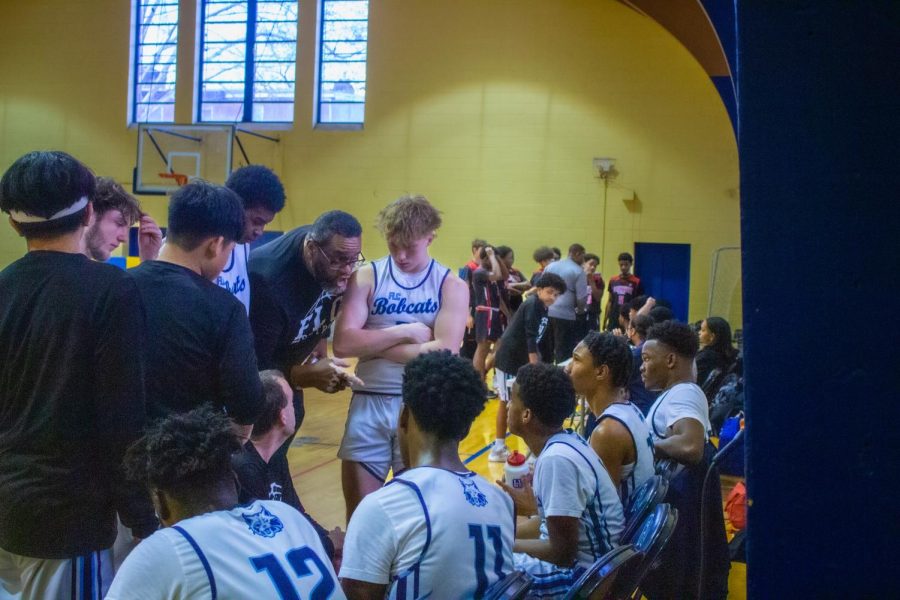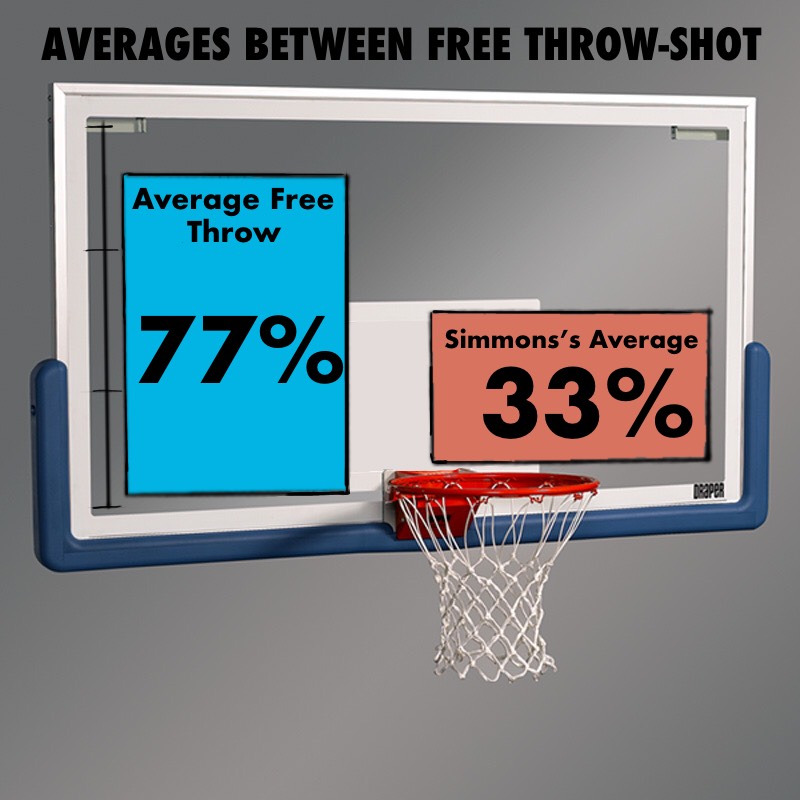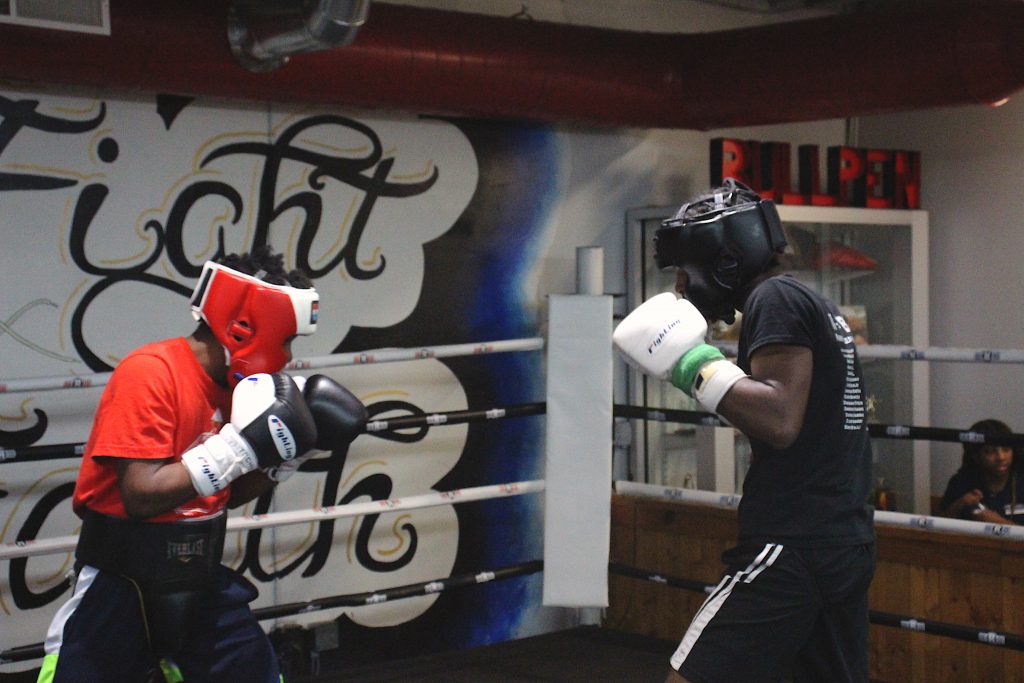“Sticks and Stones” and the Modern Comedy World
November 14, 2019
Throughout his career, Chappelle has been celebrated for his envelope-pushing brand of humor. His comedy show Chappelle’s Show is considered to be an iconic classic among both audiences and critics, and his stand up specials around this time like “Killin’ Them Softly” and “For What it’s Worth” received positive reviews from critics.
The thing about the timing of Sticks & Stones and his other Netflix specials versus his previously mentioned shows is that Chapelle is now in the era of Twitter and other social media platforms. People today have the opportunity to express their opinions on a wide range of topics whenever and wherever, whether it’s in celebration or “cancelation”. Such an era is one that comedians like Chapelle have to operate in.
Chapelle is usually at his best when he dives into the uneasiness of the chosen topic. During the beginning of the special, he does an “impression” of the audience, mocking their outrage expressed on the internet when an offensive joke or tweet resurfaces in the public eye.
Although people now have a stronger voice than ever when it comes to fighting back against offensive content, Dave did not settle at poking fun at the people and their outrage. This, of course, did not stop the critics from strongly disagreeing with Chapelle’s approach to these issues. “Sticks and Stones” even holds a 35% rating on Rotten Tomatoes from critical reviews. While the critiques from these networks may seem completely opposed to the new show, it also happens to hold a 99% rating among audience reviews. Just like most topics in the media, there is a clear divide. Following this revelation, there has been conversation on what comedians can and cannot make fun of, how they should approach certain issues, and when the appropriate time to do so.
“People should know what they’re getting into when they see the name ‘Dave Chappelle’”, explains FLC senior and viewer Clifton Savage.
Many groups of different people can be offended by many things. Chapelle’s jokes, for the most part, has a string of truth in it. There is no way around not offending anyone and unless Chappelle chooses to be silent—a route he will not take any time soon—this is a reception he will receive and take advantage of.
In addition to his sense of humor, Chappelle straddles the line by adding a more personal aspect to the topics that he talks about. When talking about the opioid crisis, he compares it to the struggles of inner-city communities and what they had to deal with during the crack epidemic of the 80s and he had to purchased a gun to scare off junkies near his home. While this kind of humor may not translate well on paper, the way Chapelle delivers the story makes it more light-hearted and personal.
He reveals that the reason he makes offensive jokes about different communities he may not be apart of is because he relates to them. His reasoning comes into play during one of the special’s most notable moments, when he goes into detail about the relationship between the various movements with the LGBTQ+ community, referring to them as “The Alphabet People”. It is a topic people are careful with when discussing, especially for a straight person like Chappelle.
To put it shortly, Sticks and Stones reminds audiences to put outrage on hold for a while and think. It’s not promised that all of his jokes will land or receive laughs, depending on what each viewer finds and doesn’t find funny. But sometimes dealing with the discomfort of a joke can take one out of their comfort zone.

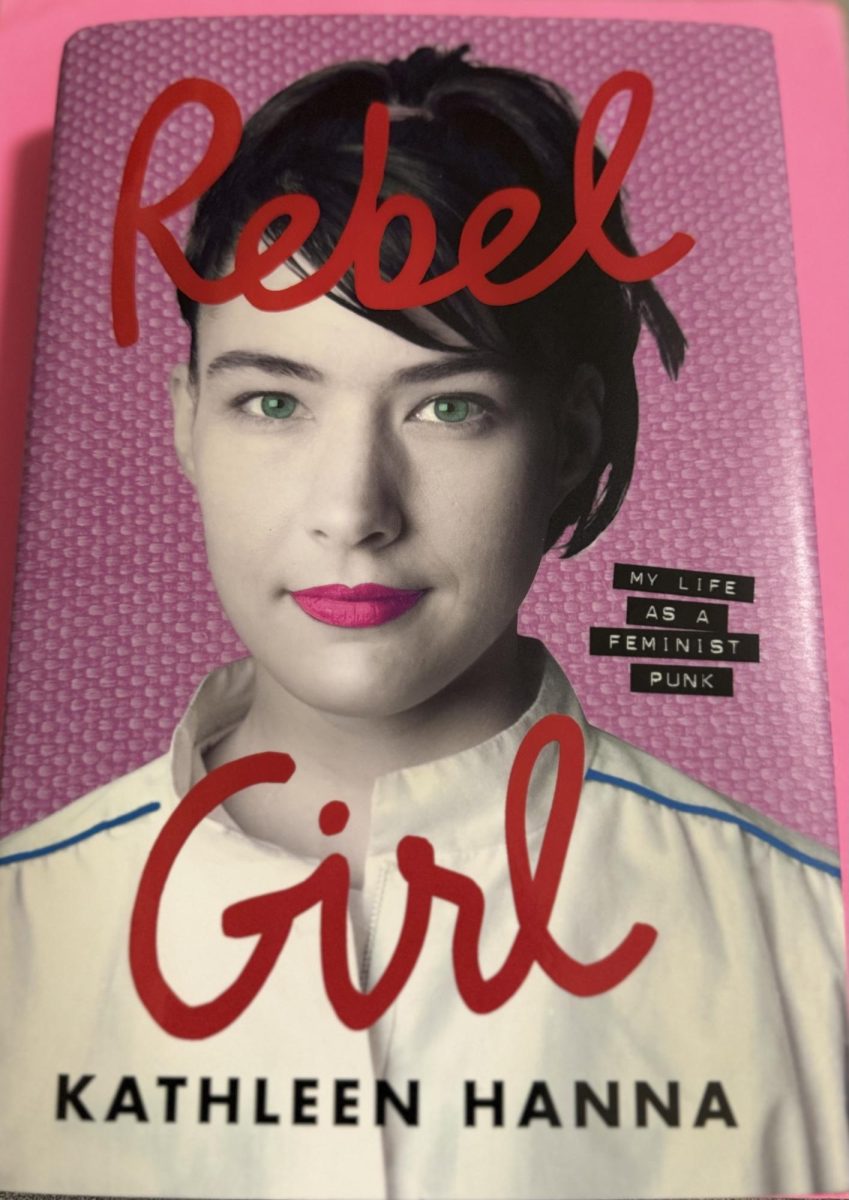

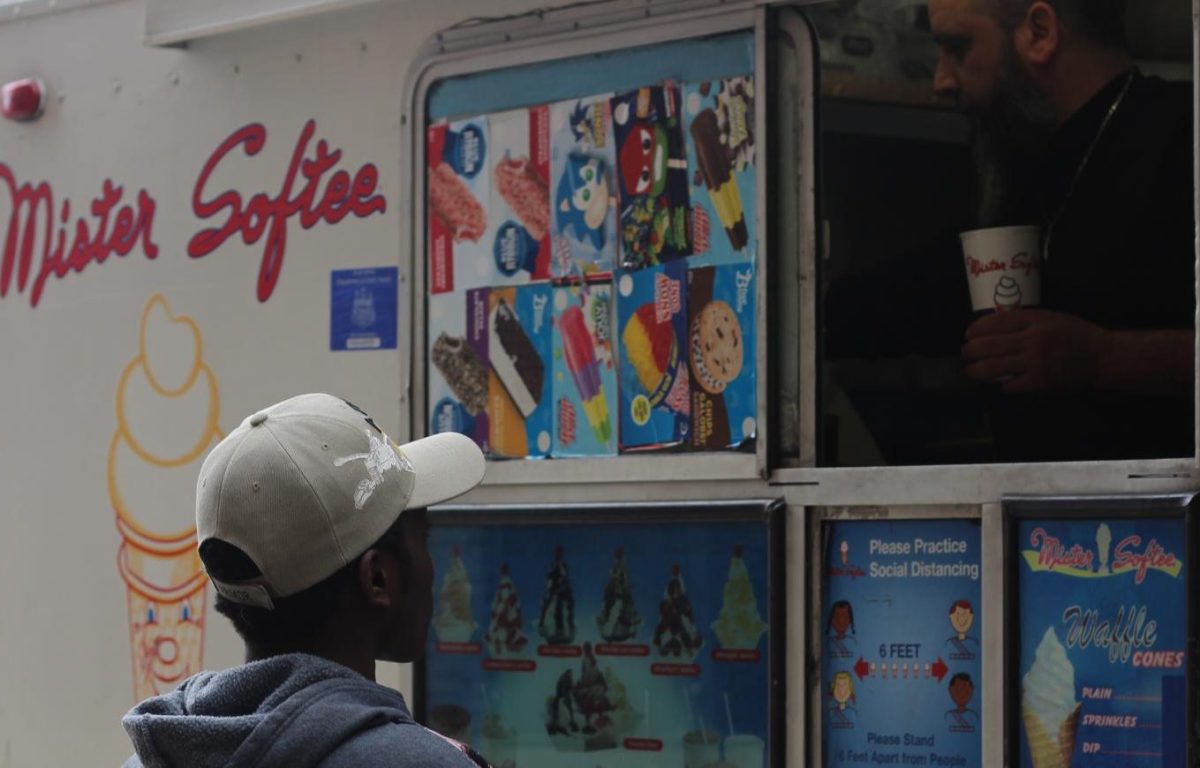

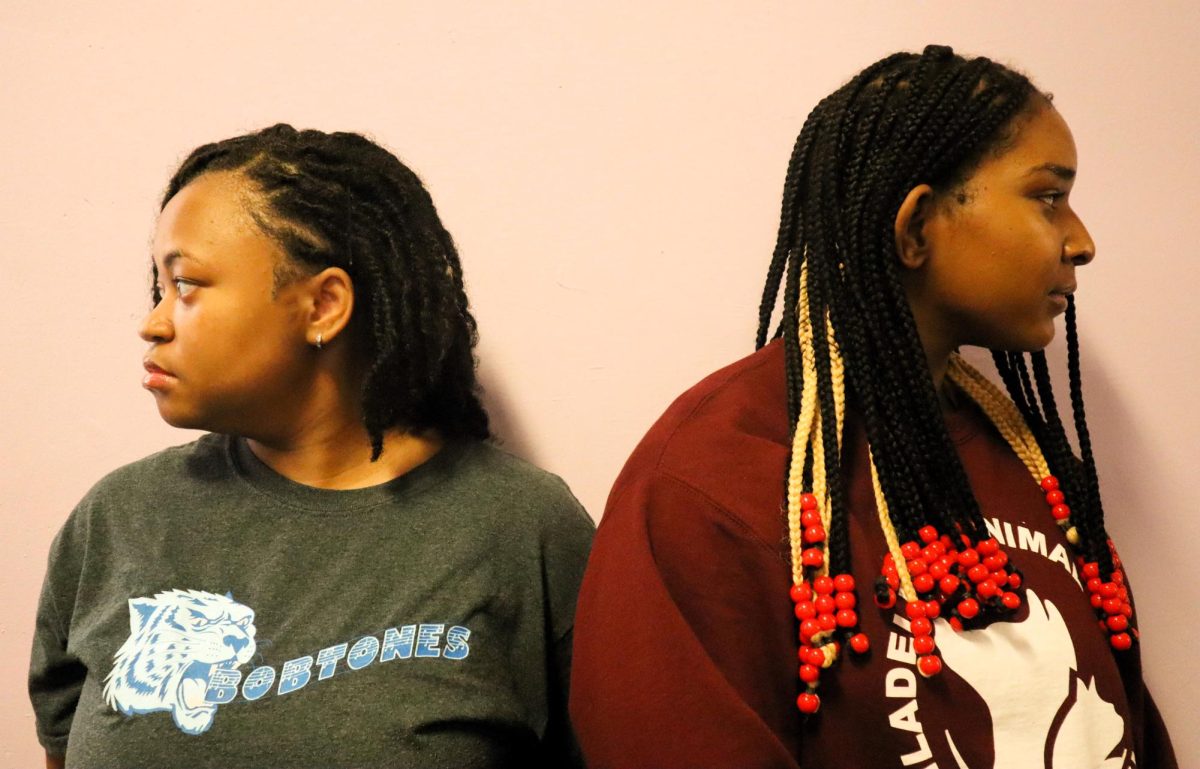

![[VIDEO] FLC 10th grade student awarded $40,000 in a BigFuture Scholarship](https://theflashflc.org/wp-content/uploads/2023/05/Screen-Shot-2023-05-02-at-4.39.10-PM-900x493.png)
![[VIDEO] Mayoral candidates campaign on student issues](https://theflashflc.org/wp-content/uploads/2023/04/IMG_1387-900x506.jpg)
